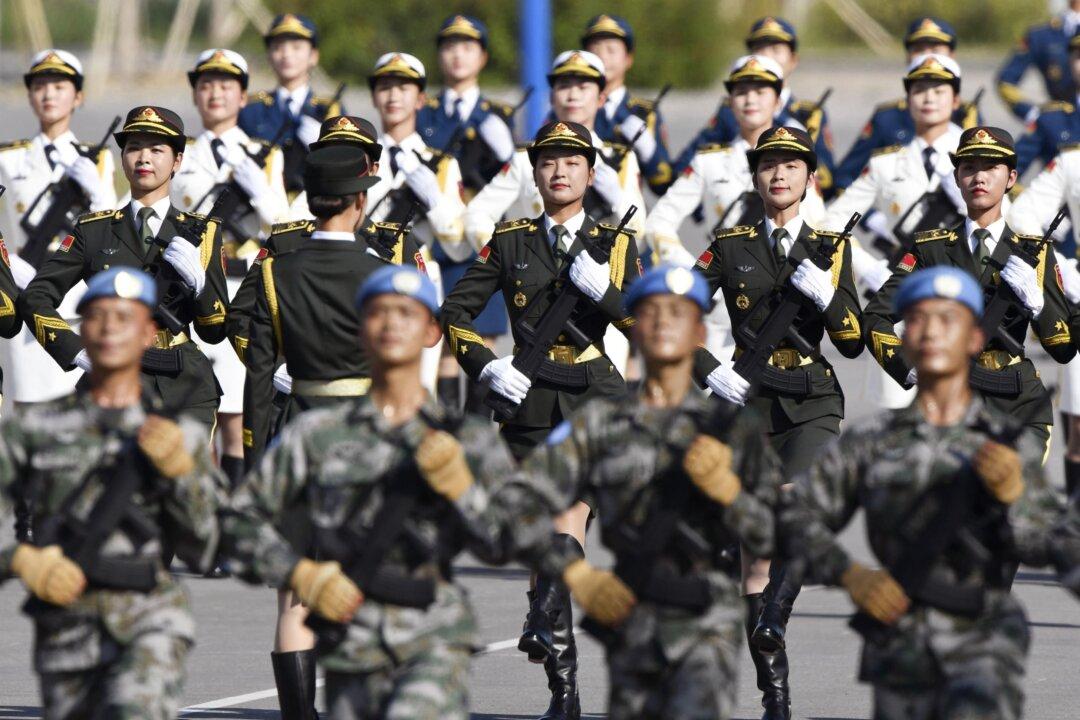New Zealand universities and businesses are providing valuable knowledge and technology to Beijing’s People’s Liberation Army (PLA) via collaborations with their Chinese counterparts. These collaborations could inadvertently be “accelerating” the modernisation of the Chinese Communist Party’s military arm, according to a new report.
China expert Prof. Anne-Marie Brady, who co-authored the July study for the Wilson Center, found researchers at New Zealand’s universities were partnering with several Chinese institutions with links to the PLA.





